Home>Ideas and Tips>Understanding Home Appraisals: What Affects Your Home’s Value
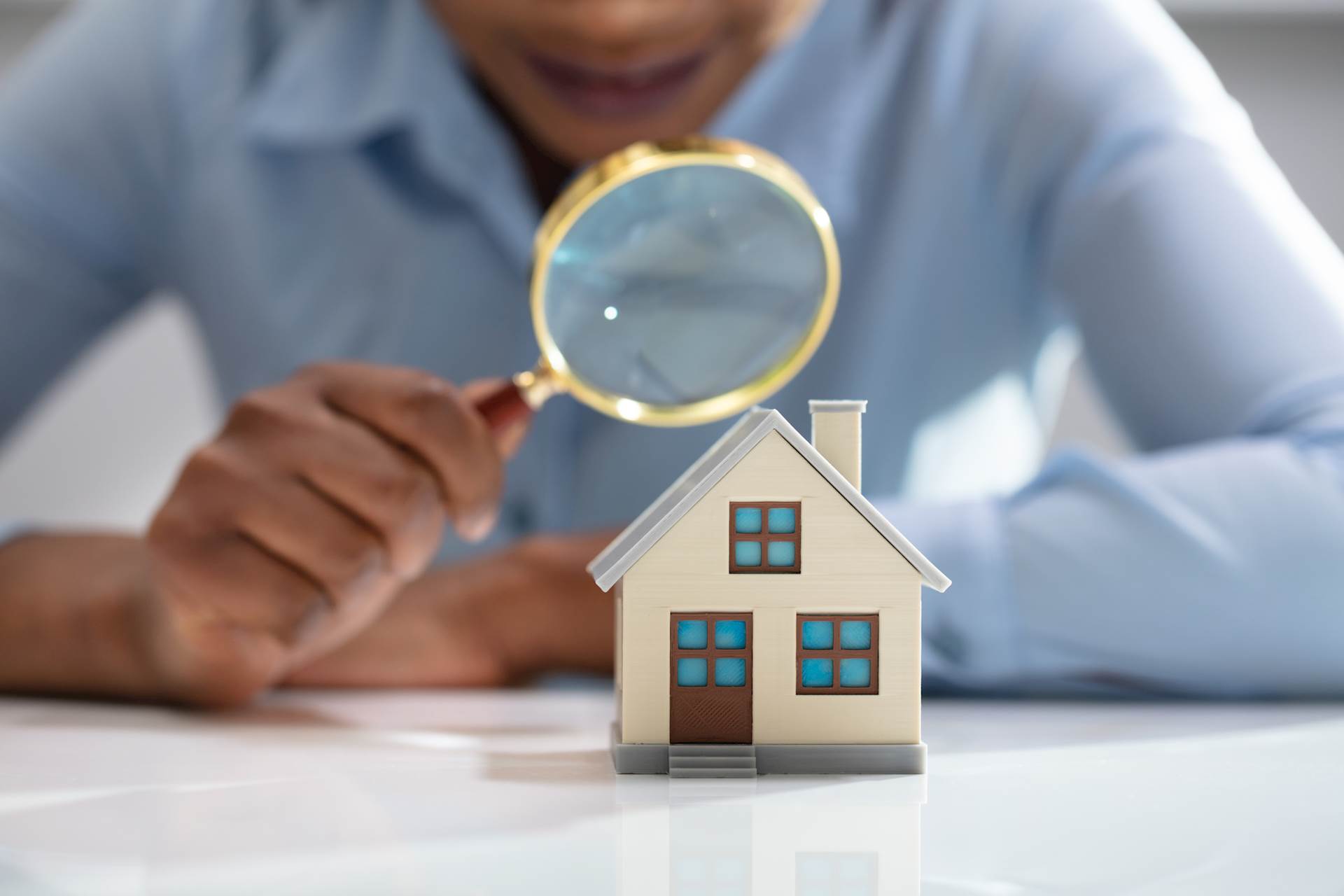

Ideas and Tips
Understanding Home Appraisals: What Affects Your Home’s Value
Published: September 25, 2024
Learn what factors influence home appraisals and how to prepare for the process to ensure your property gets the best value.
(Many of the links in this article redirect to a specific reviewed product. Your purchase of these products through affiliate links helps to generate commission for Storables.com, at no extra cost. Learn more)
Home appraisals are a crucial step in the home buying and selling process. They provide an unbiased, expert opinion on the value of a property, helping buyers, sellers, and lenders make informed decisions. A home appraisal is a professional evaluation of a property's value conducted by a licensed appraiser. The appraiser inspects the property, considers various factors such as location, condition, and market conditions, and compiles a report on the estimated market value of the property. This process is essential for determining whether the sale price of a home is reasonable and whether the lender is lending the correct amount of money.
The Home Appraisal Process
The home appraisal process involves several steps:
-
Selection of Appraiser: The lender typically selects the appraiser, but the borrower can request a specific appraiser if they have concerns about the selection process.
-
Inspection: The appraiser inspects the property, both internally and externally, to gather information about its condition, size, layout, and amenities.
-
Data Collection: The appraiser collects data on recent sales of comparable properties in the area (comparables or "comps") to determine the market value of the subject property.
-
Report Preparation: Based on the collected data, the appraiser prepares a detailed report that outlines the property's value and supports their conclusion with evidence from comparable sales and other relevant factors.
-
Submission: The final report is submitted to the lender, who uses it to determine whether to approve the loan and what amount to lend.
Factors That Affect a Home Appraisal
Several factors can significantly impact the appraised value of a home. Understanding these factors can help both buyers and sellers prepare their properties for appraisal and negotiate more effectively.
1. Location
The location of a property is one of the most critical factors in determining its appraised value. Properties located in desirable areas with good schools, low crime rates, and a stable real estate market tend to receive higher appraisals. Conversely, homes in areas with high crime rates, poor schools, or a declining real estate market may receive lower appraisals.
2. Condition of the Property
The condition of the property is another significant factor. A well-maintained home with no signs of neglect will generally receive a higher appraisal value than one that is in poor condition. Factors such as peeling paint, broken windows, leaky roofs, and outdated appliances can all negatively impact the appraised value.
3. Unpermitted Additions or Alterations
Unpermitted additions or alterations to a property can lower its appraised value. If the appraiser discovers any unpermitted work during the appraisal process, they may factor this into the overall value of the property. This is because unpermitted additions may not meet local building codes or safety standards.
4. Curb Appeal
Curb appeal refers to how attractive and inviting a home appears from the outside. A well-maintained exterior with attractive landscaping can positively influence the appraisal value. Conversely, a home with poor curb appeal may receive a lower appraisal due to its unappealing appearance.
5. Number of Bedrooms and Bathrooms
The number of bedrooms and bathrooms in a home also impacts its appraised value. Homes with more bedrooms and bathrooms tend to be more desirable and thus receive higher appraisals. For example, a one-bedroom home may not be as desirable as a three-bedroom home in many suburban neighborhoods.
6. Amenities
Amenities such as fireplaces, decks, swimming pools, and other features can enhance the appraised value of a home. These features make the property more attractive to potential buyers and can justify a higher appraisal value.
7. Hazards and Adverse Conditions
Hazards such as flood dangers or other adverse conditions can negatively impact the appraised value of a property. For instance, if a home is located in a flood zone or has significant structural damage from past floods, this will be factored into the appraisal.
8. Sales Trends and Comparable Sales
The appraiser uses recent sales of comparable properties (comps) to determine the market value of the subject property. If the neighborhood has experienced recent distress sales (foreclosures or short sales), it can lower the appraised value of nearby homes.
How to Prepare for a Home Appraisal
Preparing your home for an appraisal can significantly influence its appraised value. Here are some steps you can take:
-
Cleanliness and Organization: Ensure that your home is clean and organized. A cluttered or messy house may negatively impact the appraiser's impression, even if it doesn't directly affect the value.
-
Maintenance: Address any maintenance issues promptly. A leaky roof or broken appliances can lower the appraised value significantly.
-
Curb Appeal: Improve your home's curb appeal by painting the exterior, fixing shutters, and maintaining attractive landscaping.
-
Minor Repairs: Make minor repairs such as fixing broken windows or patching holes in walls to present a well-maintained property.
-
Documentation: Gather documentation about any recent improvements or renovations you've made to your home. This can help support a higher appraisal value.
-
Neighborhood Improvements: If possible, improve the neighborhood by participating in community clean-up initiatives or advocating for local improvements that could positively impact property values.
What Can Go Wrong with a Home Appraisal?
Despite proper preparation, issues can still arise during the appraisal process. Here are some potential problems:
-
Low Appraisal Value: If the appraisal comes in below the contract price, it can delay or even derail the transaction. In this case, buyers may use the low appraisal as leverage to negotiate a lower sale price with the seller.
-
Disagreements Over Value: Sellers may dispute a low appraisal value, arguing that it is inaccurate. In such cases, presenting a factual case for a higher valuation to the original appraiser or seeking a second opinion from another appraiser can be beneficial.
-
Unpermitted Work: Discovering unpermitted additions or alterations during an appraisal can lower the appraised value significantly. Sellers should ensure all work is properly permitted before listing their property.
Navigating Appraisal Issues
If you encounter issues during or after an appraisal, here are some steps you can take:
-
Request a Second Opinion: If you believe the initial appraisal was inaccurate or biased, consider hiring another appraiser for a second opinion.
-
Present Evidence: Gather evidence supporting your home's value, such as recent sales data or documentation of improvements made to the property.
-
Negotiate with the Seller: If a low appraisal value is standing between you and your home purchase or sale, use it as leverage to negotiate with the seller.
Conclusion
Understanding home appraisals is crucial for both buyers and sellers navigating the real estate market. By knowing what factors affect a home's value and how to prepare for an appraisal, you can maximize your property's potential and avoid common pitfalls. Whether you're buying or selling a home, being informed about the appraisal process will help you make more informed decisions and achieve better outcomes.
In summary:
- Location plays a significant role in determining a home's value.
- Condition of the property is crucial; well-maintained homes receive higher appraisals.
- Unpermitted additions can lower the appraised value.
- Curb appeal enhances attractiveness.
- Number of bedrooms and bathrooms impacts desirability.
- Amenities like fireplaces or swimming pools add value.
- Hazards like flood zones or structural damage negatively impact value.
- Sales trends from comparable sales influence market value.
By understanding these factors and preparing your home accordingly, you can ensure that your property receives an accurate and favorable appraisal, facilitating smoother transactions in the real estate market.
Was this page helpful?
At Storables.com, we guarantee accurate and reliable information. Our content, validated by Expert Board Contributors, is crafted following stringent Editorial Policies. We're committed to providing you with well-researched, expert-backed insights for all your informational needs.
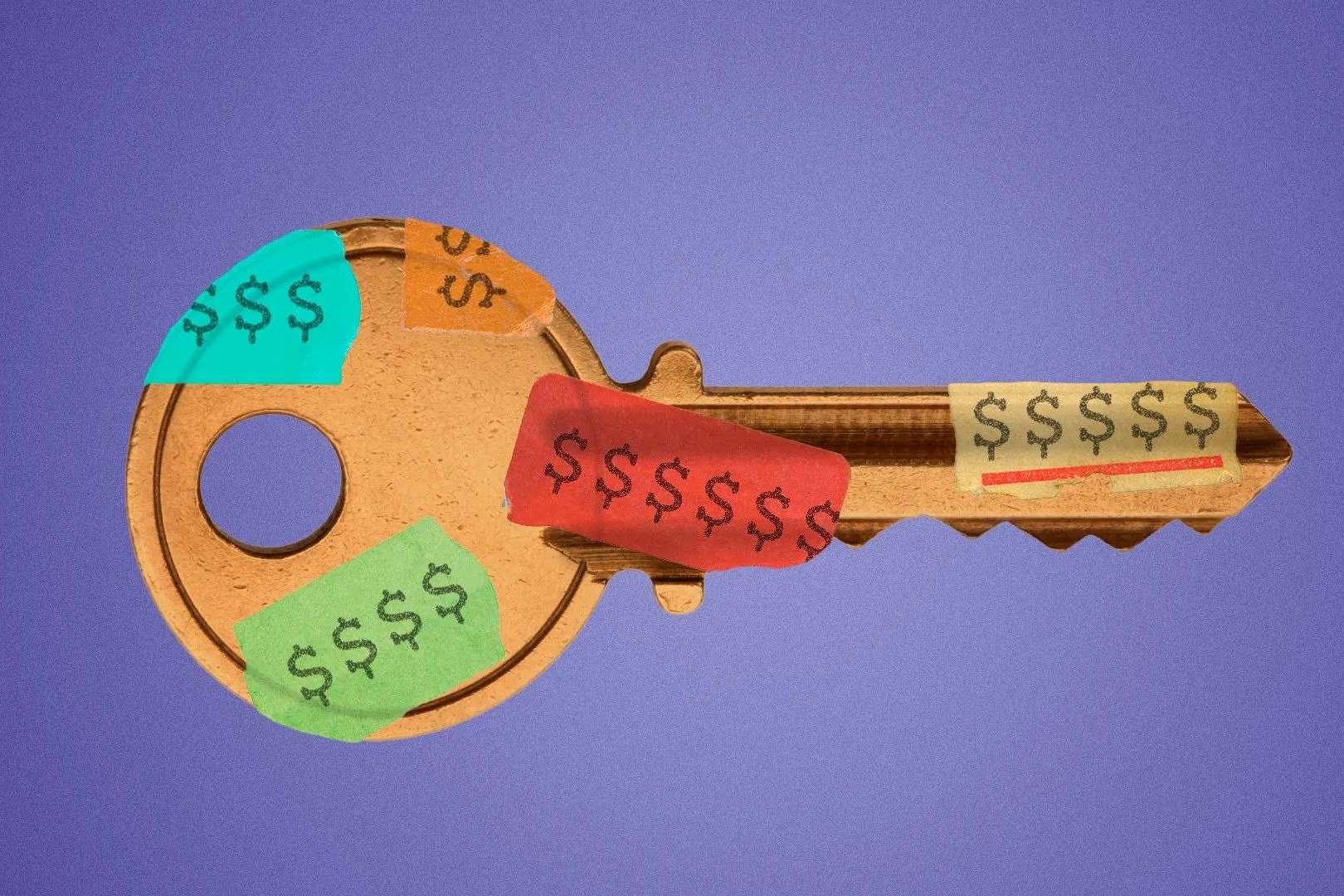

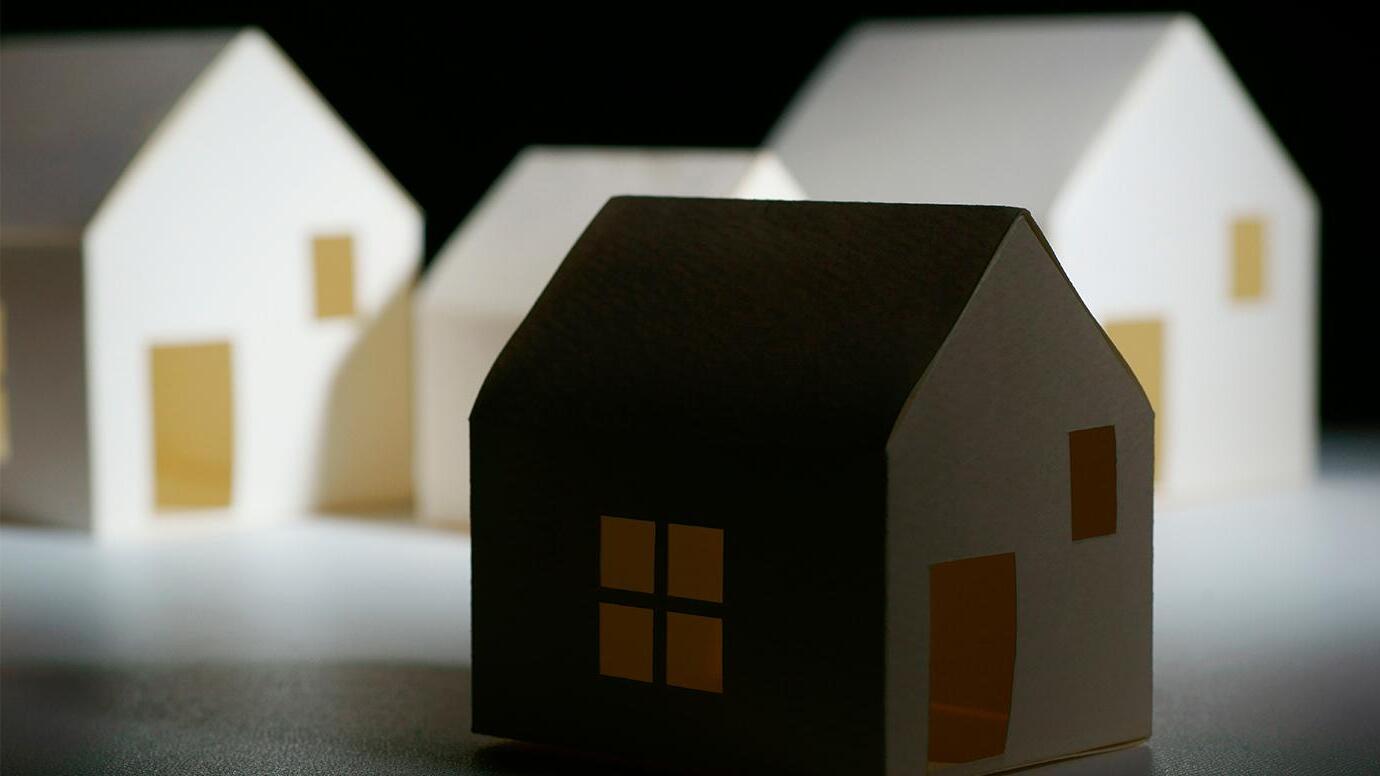



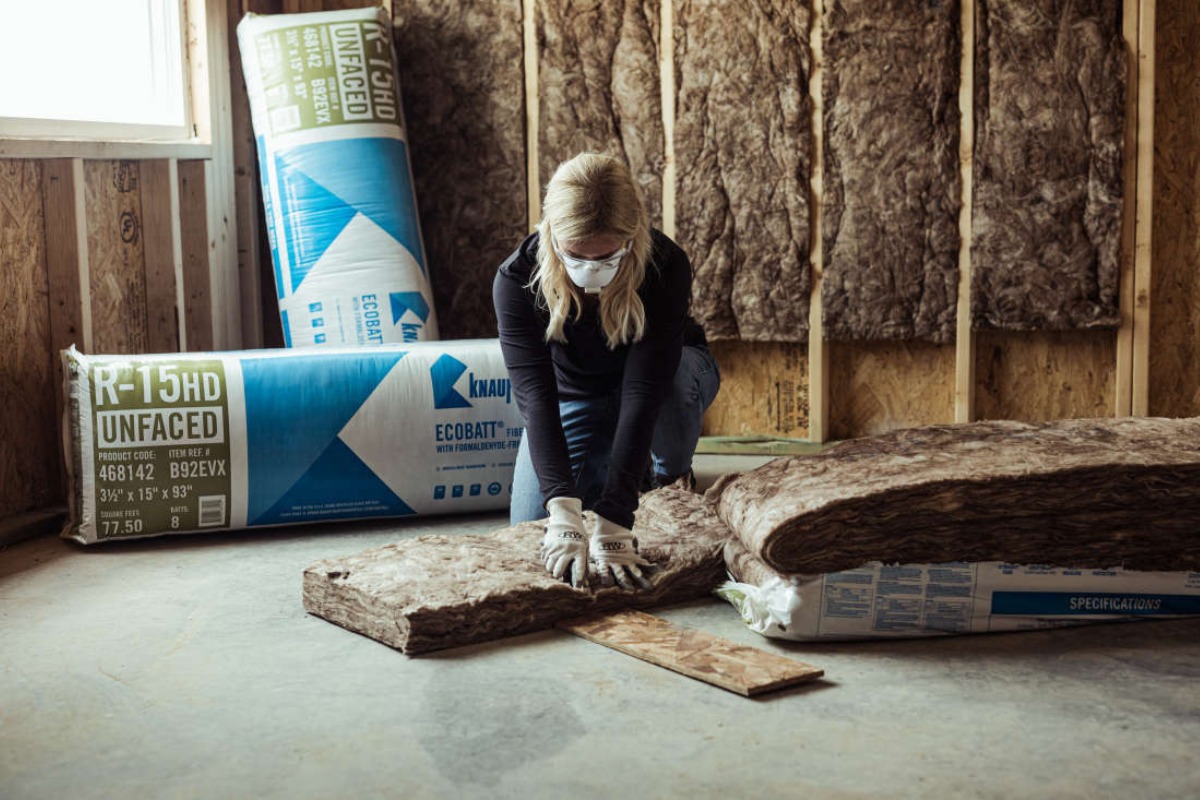
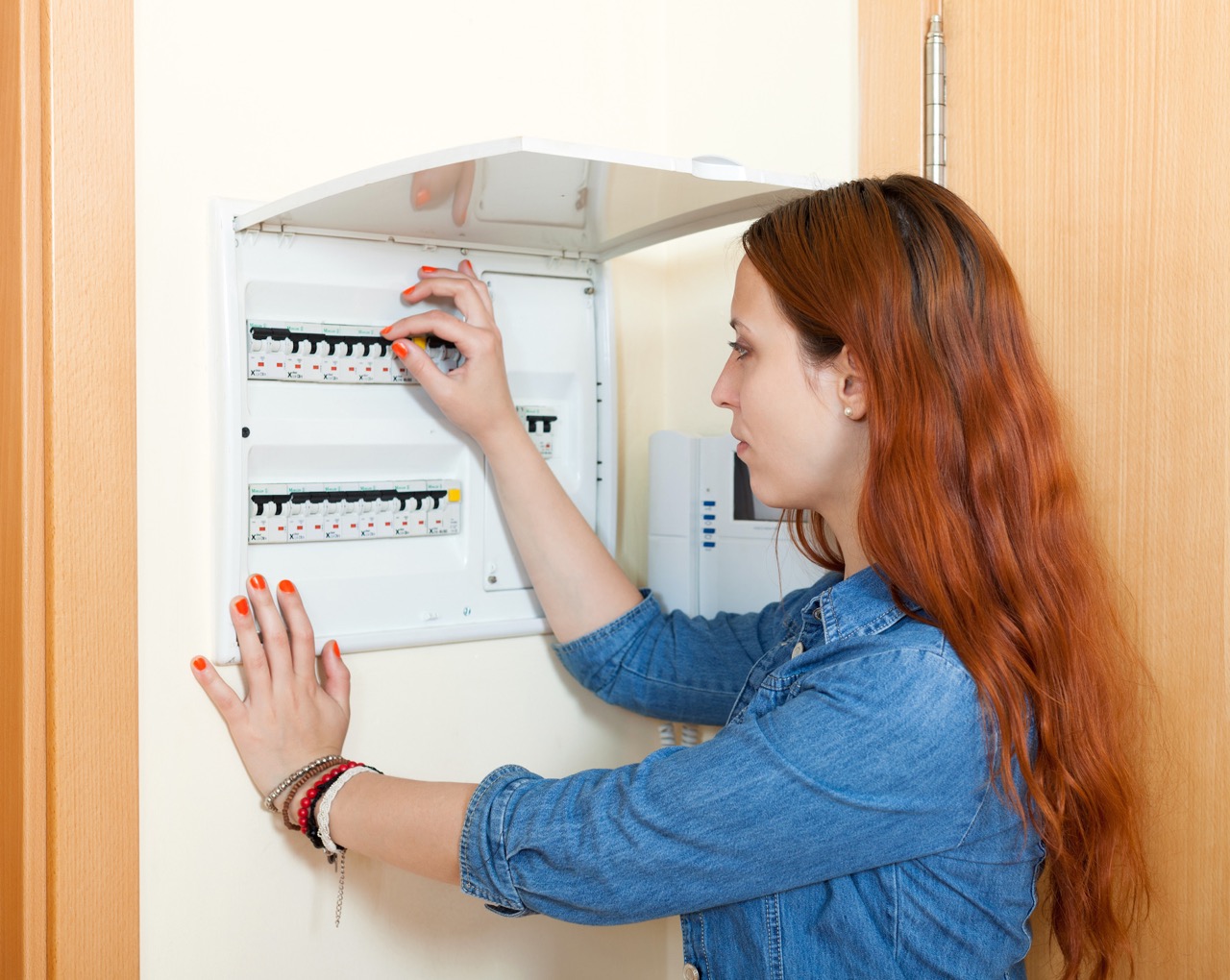
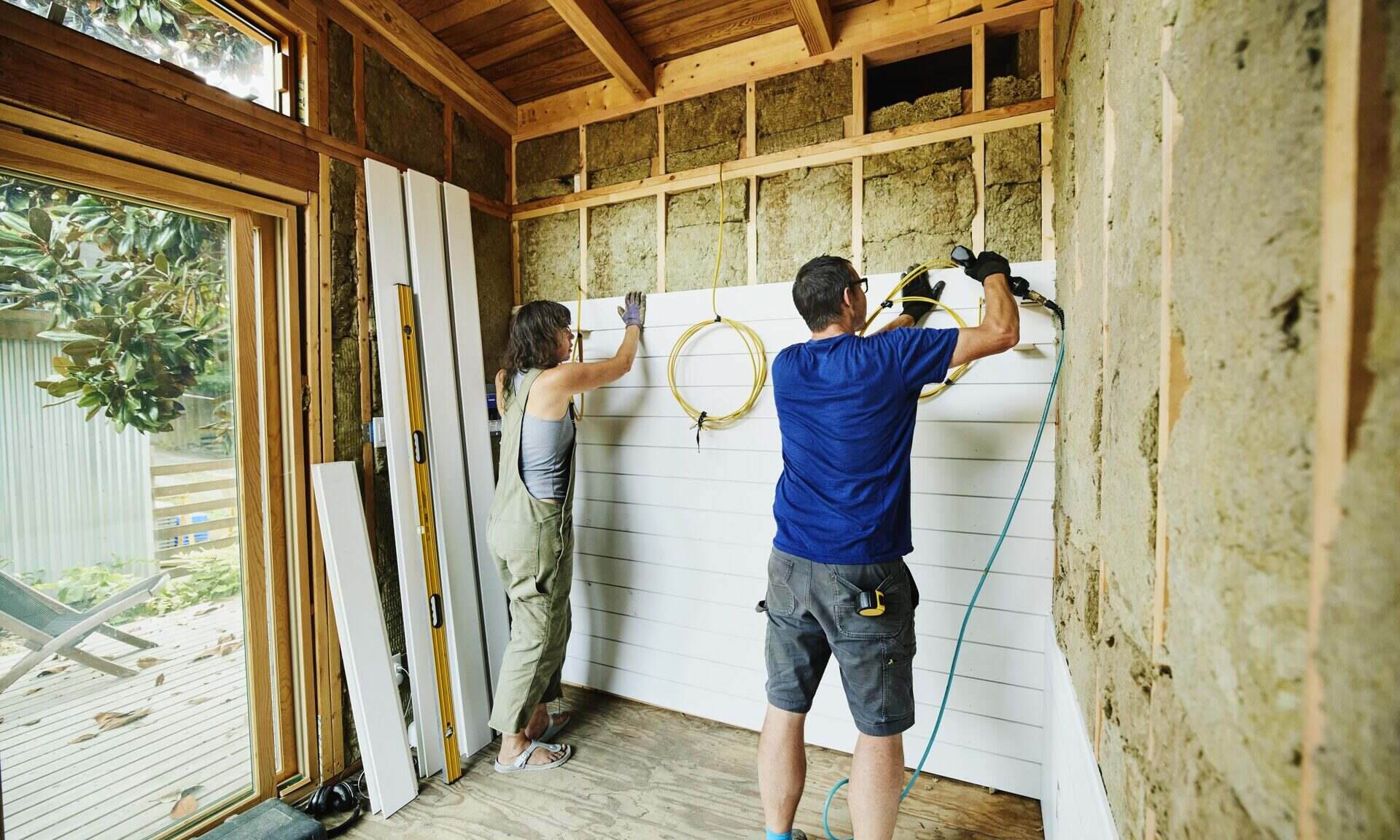

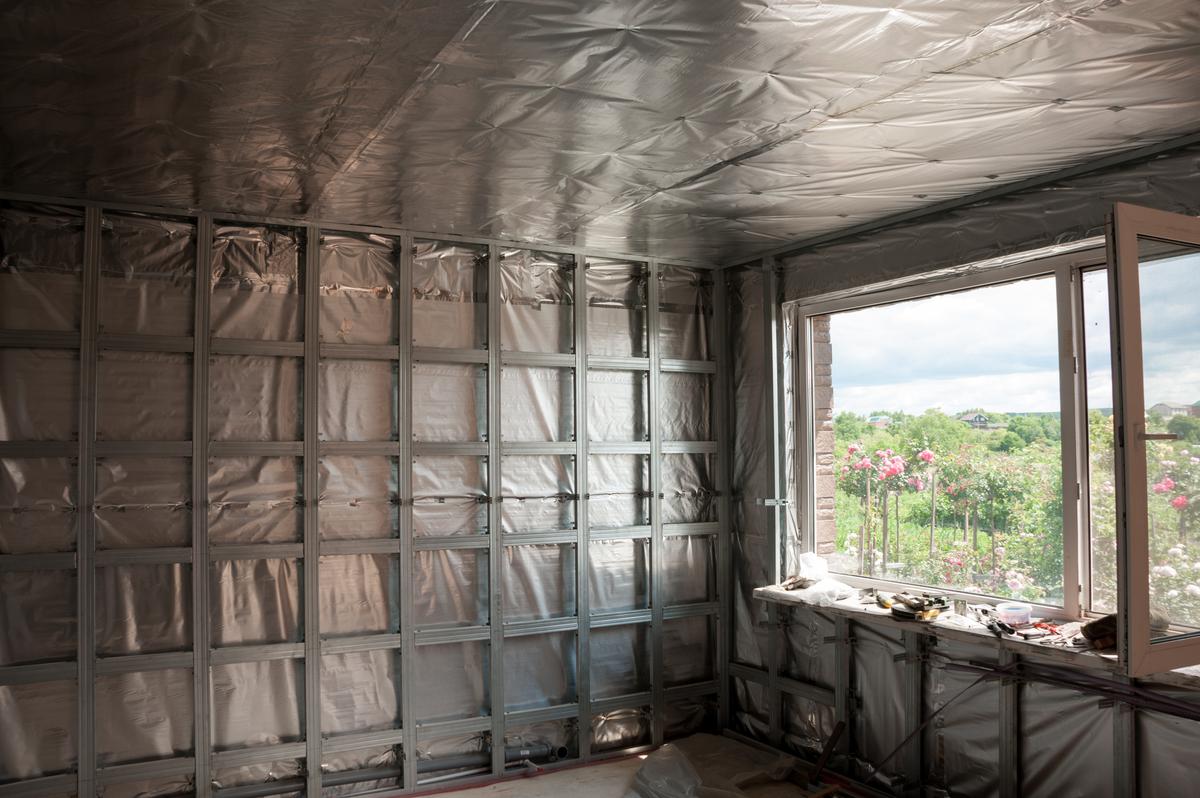


0 thoughts on “Understanding Home Appraisals: What Affects Your Home’s Value”